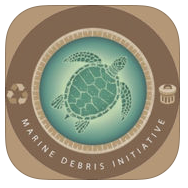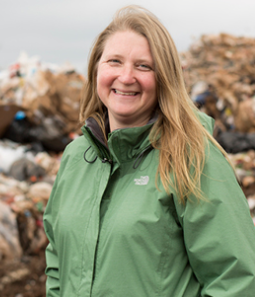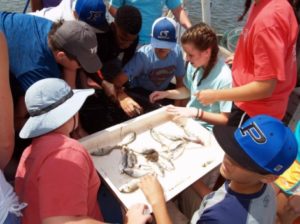Environmental engineer talks to middle schoolers about her marine debris tracker
Dr. Jenna Jambeck, director of the Center for Circular Materials Management – part of the New Materials Institute – talks to middle school students about her successful Marine Debris Tracker mobile app.
Read the full article from the Golden Isles News
For more information on Dr. Janbeck’s Marine Debris Tracker visit the Marine Debris Tracker page. You can download the app, track debris and contribute to the project.


 Corporations are recognizing the issues surrounding plastic pollution in the world’s oceans and beginning to make changes.
Corporations are recognizing the issues surrounding plastic pollution in the world’s oceans and beginning to make changes.